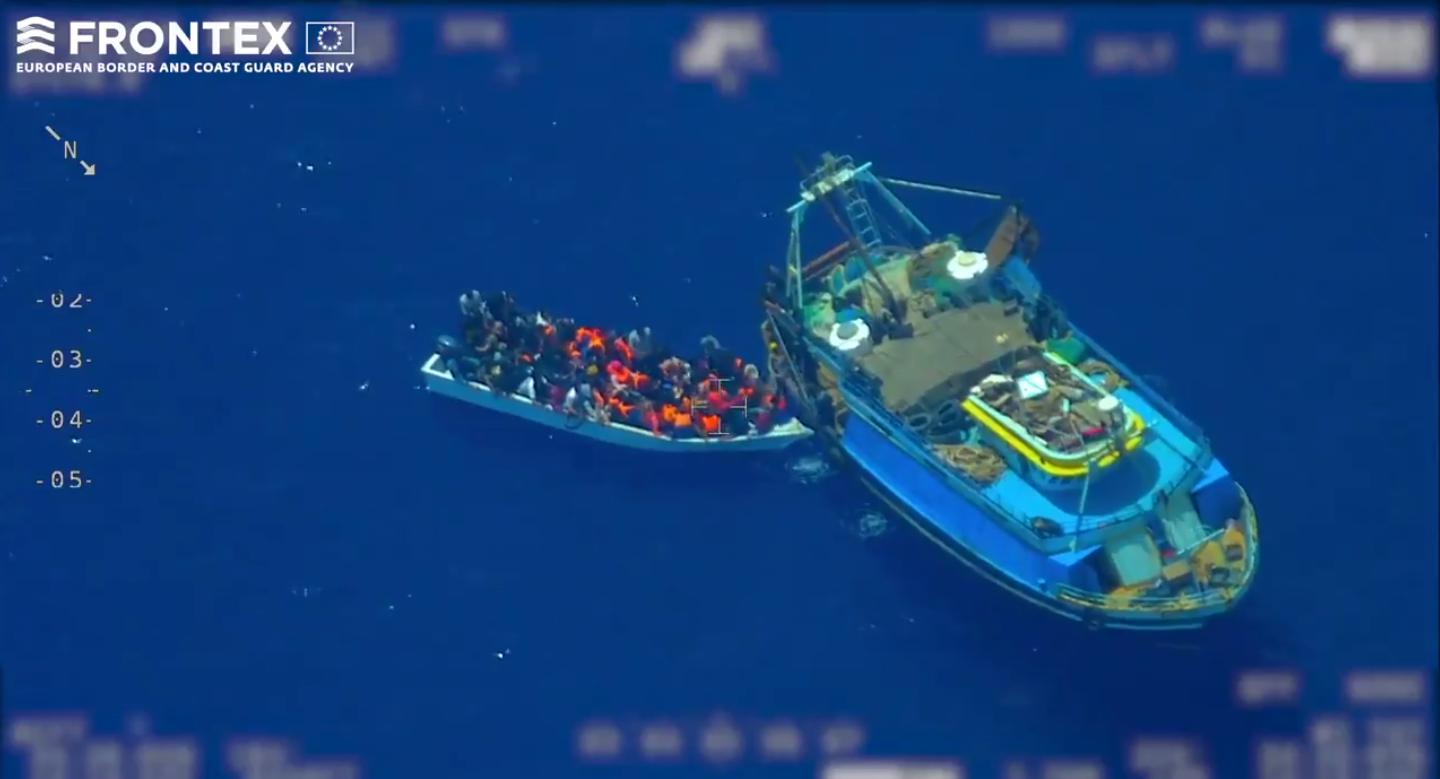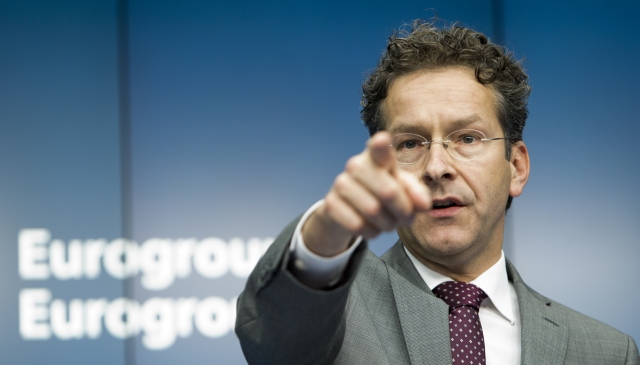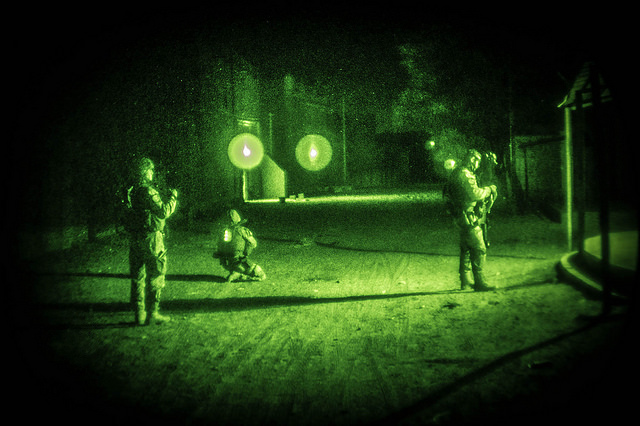A European crisis management HQ, in the summer, why not?
(B2) The Civil and Military Crisis Management Directorate of the European Union could see the light of day by May. As one senior official told me, "everything is ready. All that's missing is Javier Solana's signature" (nb: the High Representative for Foreign Policy). This new department will be made up of approximately 80 to 120 people and will aim to plan future operations (a good twenty planners have been hired), to ensure the collection experience, etc... It will be headed by a civilian — the Frenchwoman Claude-France Arnould is one of the most serious candidates, a German is also a candidate. But the deputy will be a soldier with the rank of general. consider applying, the deadline has already passed ![]() ).
).
The experience is unique. The EU secretariat has, in fact, decided to reorganize its crisis management directorates by merging civilians and military. There are few states in Europe that have dared to mix military and civilians in the same direction of crises. It is not yet the European headquarters of Tervuren designed by the French Belgians and Germans in 2003. But we are not far from it. Just think of adding to this new direction, the European Military Staff (located rue de Kortenberg), the Civil Crisis Staff (responsible for the conduct and direction of civil operations, located at the Council), or even the Sitcen (information center). Sprinkle some diplomats. Bring it all together in one building. And you have there a small staff, civil-military, of crisis management, of 300 people.
Foresight... Indeed, next to the thousands of people in NATO, or employed in the national staffs, this may seem a bit ridiculous. But, in these times of economic crisis, the plethoric workforce is perhaps to be put aside and it is better to have a small structure that works for something completely different. Especially if you continue to prospect a little: connect
this new look General Staff to an operational center responsible for coordinating the air fleet (Belgium is a candidate with Beauvechain), to another responsible for managing maritime operations (why not Northwood permanently, it is already used for NATO) , and a future PC for the coordination of civil security resources (which is still in limbo in Lisbon), and you have a Europe that is in working order to advance a little more in defense policy.
It is in this that the bet of the new direction of crises is interesting. This could be one of the ideas whose implementation would allow the French President, Nicolas Sarkozy, to
silence certain criticisms: we have rejoined NATO and now we are strengthening Defense Europe... Judicious! It is still necessary that all the Member States have the will to go
Before. And then there...
(NGV)


